Philosophers have wrestled with the question of whether we are truly free to decide on our actions for centuries. Now, insights from genetics, neuroscience and evolutionary biology are shedding fresh light on the issue.
By Clare Wilson

Philosophers have wrestled with the question of whether we are truly free to decide on our actions for centuries. Now, insights from genetics, neuroscience and evolutionary biology are shedding fresh light on the issue.
By Clare Wilson

Life’s random rhythms surround us–from the hypnotic, synchronized blinking of fireflies…to the back-and-forth motion of a child’s swing… to slight variations in the otherwise steady lub-dub of the human heart.
However, truly understanding these patterns—known as stochastic or random oscillations—remains beyond scientists’ grasp. Despite some progress in analyzing brain waves and heart rhythms, researchers and clinicians have been unable to compare or catalog an untold number of variations and sources.
Gaining such insight into the underlying source of oscillations “could lead to advances in neural science, cardiac science, and any number of different fields,” said Peter Thomas, a professor of applied mathematics at Case Western Reserve University.
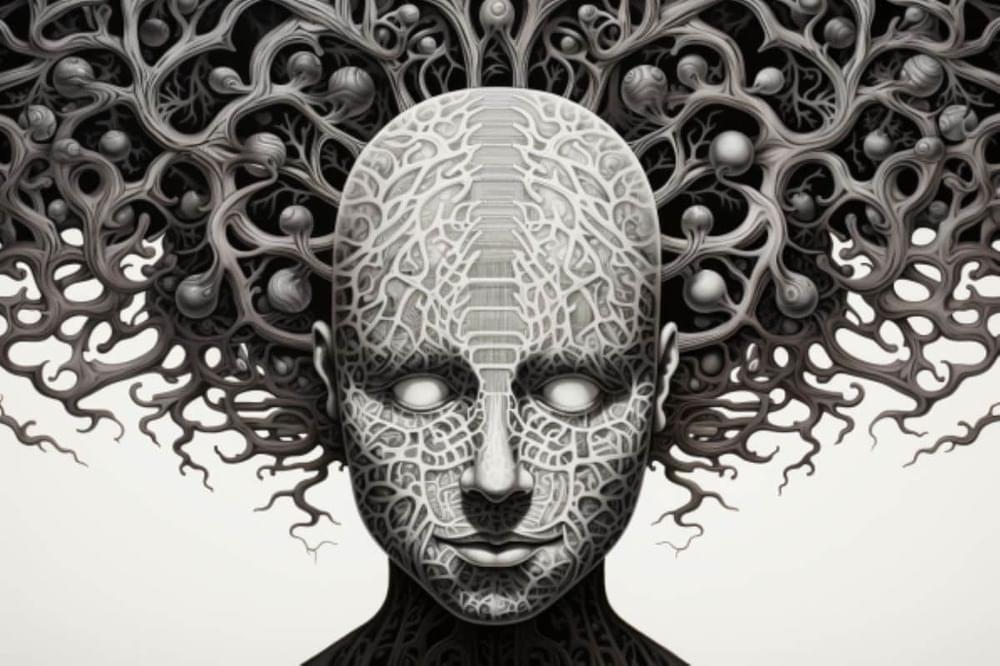
Summary: Scientists have discovered a direct link between the protein p53 and autism-like behavior in mice. The researchers studied the effects of manipulating p53 levels in the mouse hippocampus.
Reduced levels resulted in repetitive behavior, diminished sociability, and impaired learning, especially in male mice. This pivotal work uncovers the intricate role of p53 in neurodevelopmental disorders like autism.
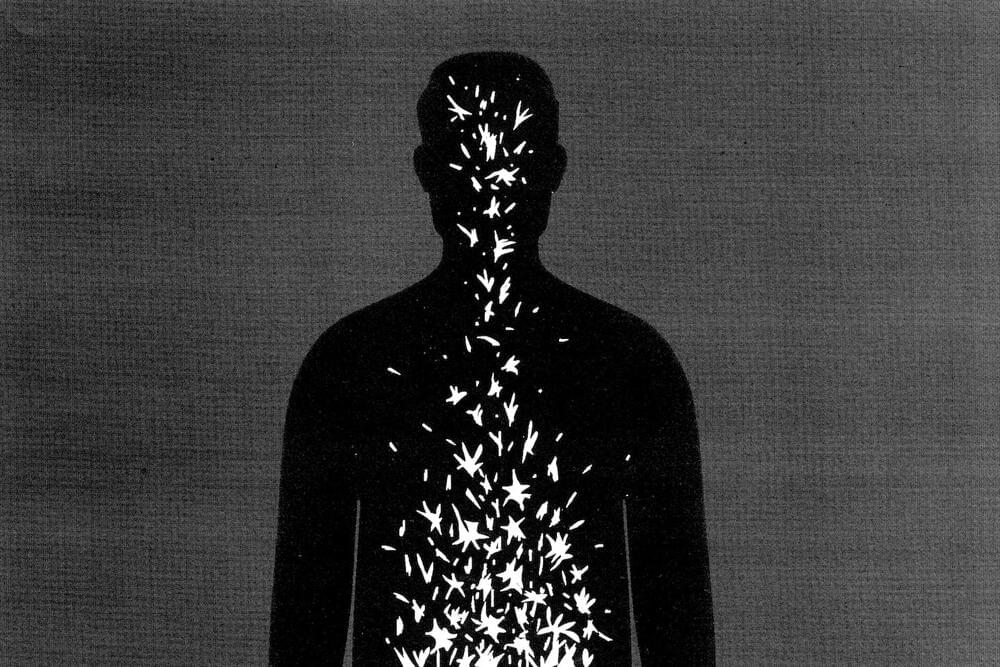
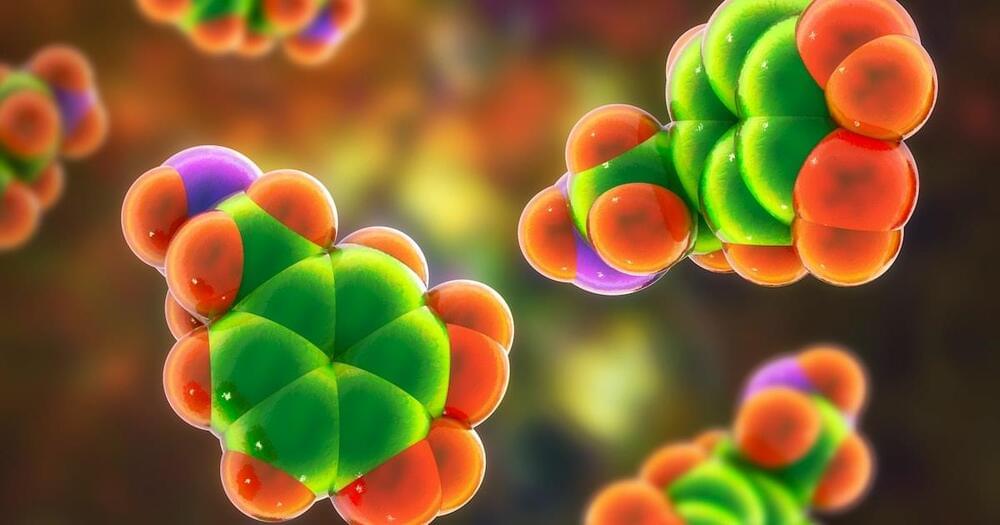
Dopamine seems to be having a moment in the zeitgeist. You may have read about it in the news, seen viral social media posts about “dopamine hacking,” or listened to podcasts about how to harness what this molecule is doing in your brain to improve your mood and productivity. However, recent neuroscience research suggests that popular strategies to control dopamine are based on an overly narrow view of how it functions.
Dopamine is one of the brain’s neurotransmitters — tiny molecules that act as messengers between neurons. It is known for its role in tracking your reaction to rewards such as food, sex, money, or answering a question correctly. There are many kinds of dopamine neurons located in the uppermost region of the brainstem that manufacture and release dopamine throughout the brain. Whether neuron type affects the function of the dopamine it produces has been an open question.
Recently published research reports a relationship between neuron type and dopamine function, and one type of dopamine neuron has an unexpected function that will likely reshape how scientists, clinicians, and the public understand this neurotransmitter.

People in the oldest stage of life who regularly engage in aerobic activities and strength training exercises perform better on cognitive tests than those who are either sedentary or participate only in aerobic exercise. That is the key finding of our new study, published in the journal GeroScience.
We assessed 184 cognitively healthy people ranging in age from 85 to 99. Each participant reported their exercise habits and underwent a comprehensive battery of neuropsychological tests that were designed to evaluate various dimensions of cognitive function.
We found that those who incorporated both aerobic exercises, such as swimming and cycling, and strength exercises like weightlifting into their routines – regardless of intensity and duration – had better mental agility, quicker thinking and greater ability to shift or adapt their thinking.
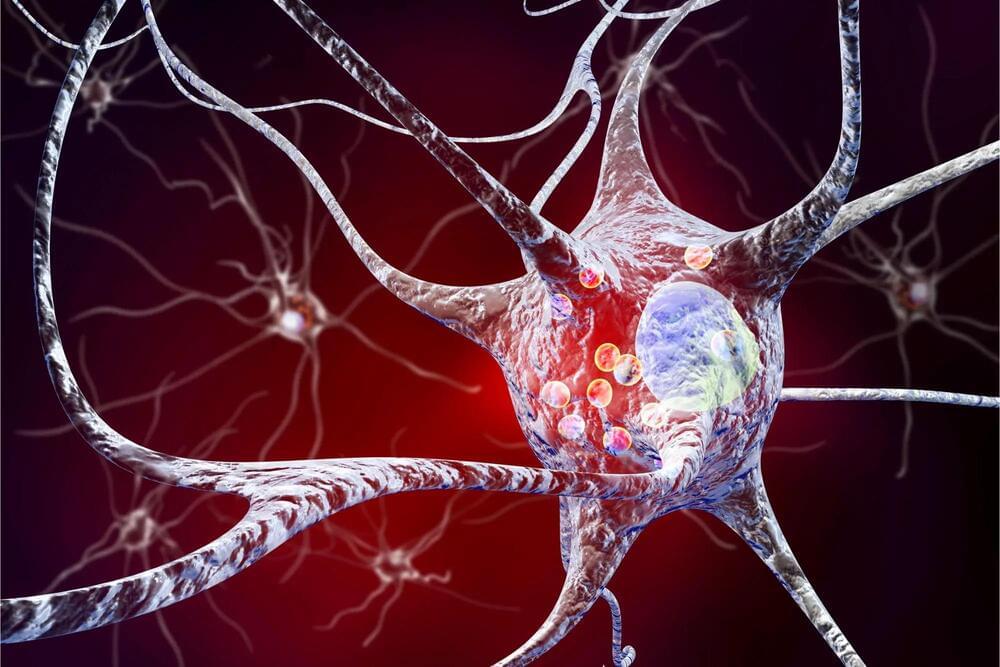
Lewy body disease ranks as the second most prevalent neurodegenerative disorder, following Alzheimer’s.
Alzheimer’s disease is a disease that attacks the brain, causing a decline in mental ability that worsens over time. It is the most common form of dementia and accounts for 60 to 80 percent of dementia cases. There is no current cure for Alzheimer’s disease, but there are medications that can help ease the symptoms.
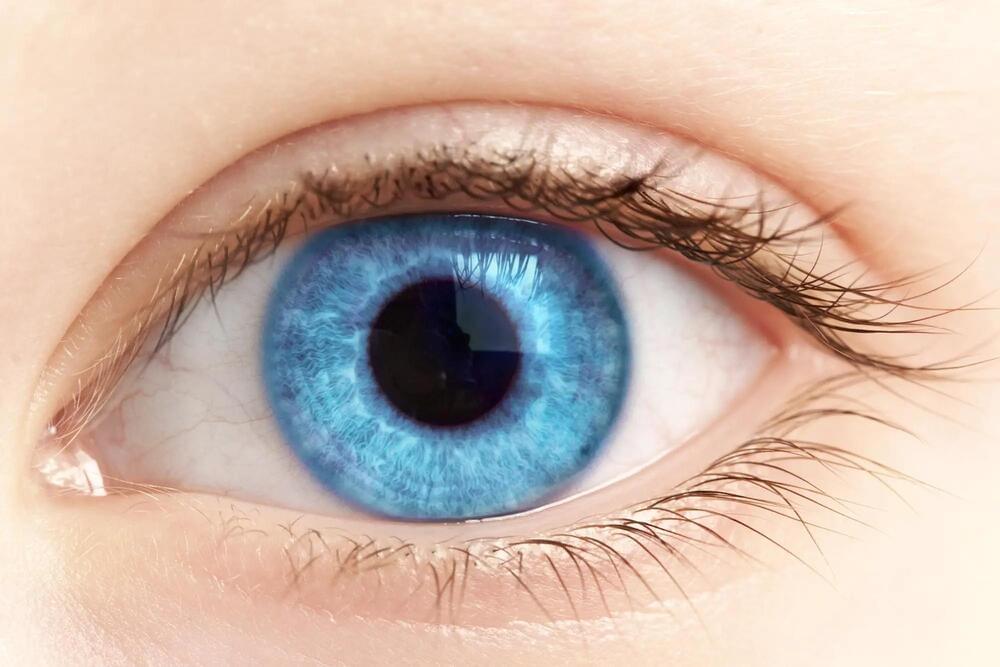
Scientists have successfully used nanotechnology to develop a 3D scaffold that supports the growth of healthy retinal cells, a breakthrough that could revolutionize the treatment of age-related macular degeneration (AMD), a leading cause of blindness worldwide. Utilizing electrospinning technology, researchers created a scaffold that, when treated with the steroid fluocinolone acetonide, enhances the resilience and growth of retinal pigment epithelial cells, potentially aiding in the development of ocular tissue for transplantation.
Scientists have discovered a way to use nanotechnology to create a 3D ‘scaffold’ to grow cells from the retina. This breakthrough could lead to innovative approaches for treating a common source of blindness.
Researchers, led by Professor Barbara Pierscionek from Anglia Ruskin University (ARU), have been working on a way to successfully grow retinal pigment epithelial (RPE) cells that stay healthy and viable for up to 150 days. RPE cells sit just outside the neural part of the retina and, when damaged, can cause vision to deteriorate.
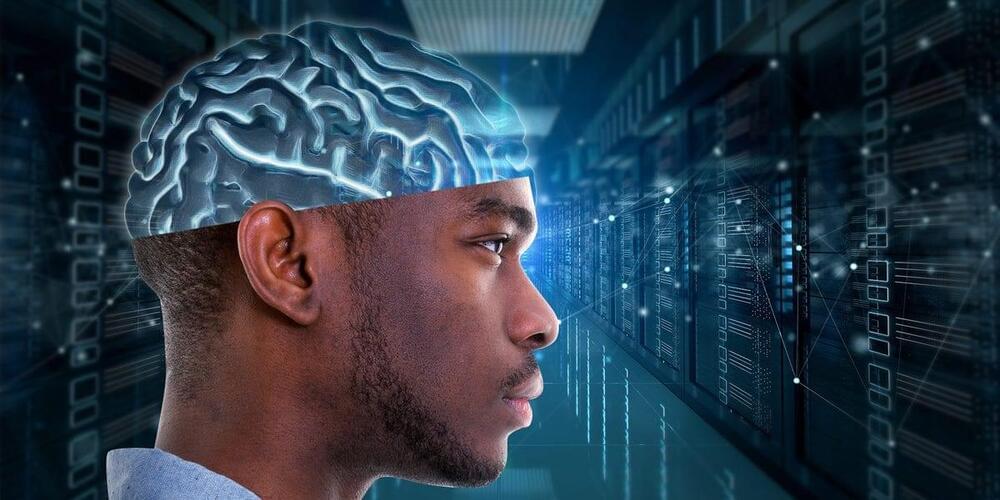
Zuby Interviews Elon Musk: https://youtu.be/pjc_oo4ApSY?si=AHD8kdwXqmB1wrjpNeura Pod is a series covering topics related to Neuralink, Inc. Topics such as br…